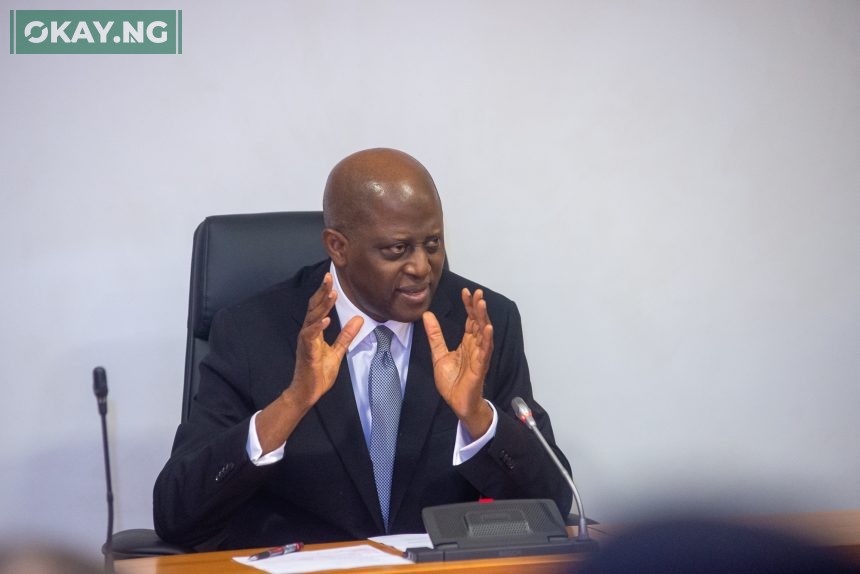In a firm stance against market irregularities, Central Bank of Nigeria (CBN) Governor, Olayemi Cardoso, has reiterated the apex bank’s unwavering commitment to policing the foreign exchange (FX) market, promising to “root out any bad actors” undermining the naira’s stability. This declaration comes as the official exchange rate experienced a marginal decline, slipping to N1,532.39/$ on Tuesday from N1,531.19/$ the day prior, a subtle 0.08% depreciation.
“Given the importance of the exchange rate in the fight against inflation and the sustenance of economic recovery and broader financial stability,” Cardoso stated in the February 2025 Monetary Policy Committee (MPC) communique, “we must maintain a heightened level of surveillance in our foreign exchange market.”
This slight fluctuation, while seemingly minor, underscores the ongoing volatility within the Nigerian FX landscape, a market still navigating the implications of recent economic reforms. I can’t help but consider the daily struggles of Nigerians who feel the impact of these shifts in their wallets. Every naira lost or gained has real world consequences for many people.
The Bureau De Change (BDC) segment, however, remained static at N1,570/$, indicating a persistent spread between the official and parallel market rates. This stability in the BDC sector suggests a consistent demand for physical dollars in the informal market, even as the CBN intensifies its oversight.
Read Also: CBN to Launch FX Code, Emphasising Ethical Conduct in Nigeria’s Foreign Exchange Market
Cardoso pointed to the CBN’s strategic reforms, including the launch of the Electronic Foreign Exchange Matching System (B-Match) and the Nigeria Foreign Exchange Code, as critical tools for enhancing transparency and ethical conduct within the FX market. He asserts these initiatives are already yielding positive results, citing “a relative appreciation of the naira and improved liquidity” driven by renewed investor confidence and increased foreign exchange inflows.
However, the governor acknowledged that the FX market remains a “key pressure point” in Nigeria’s macroeconomic outlook. The MPC, which maintained the Monetary Policy Rate at 27.50%, recognized the gradual easing of inflationary pressures, partly attributed to FX reforms and tighter monetary conditions.
“The Central Bank has an unwavering commitment to this objective,” Cardoso emphasized, highlighting the necessity of continuous vigilance and strict regulatory oversight to safeguard the market from malpractice. I understand that for many, these policies feel distant. But these are the levers that shape our economic reality.
External factors, such as improved oil production and robust external reserves, are contributing to the CBN’s capacity to manage liquidity and defend the naira. Yet, the ongoing adjustment to fuel subsidy removal and fiscal reforms adds complexity to the economic environment.
Looking ahead, Cardoso stressed that aligning fiscal and monetary policy, coupled with institutional reforms and targeted surveillance, is crucial for building a resilient financial system. The CBN’s focus remains steadfast: to ensure the FX market operates efficiently and transparently, fostering an environment conducive to economic recovery and stability.













